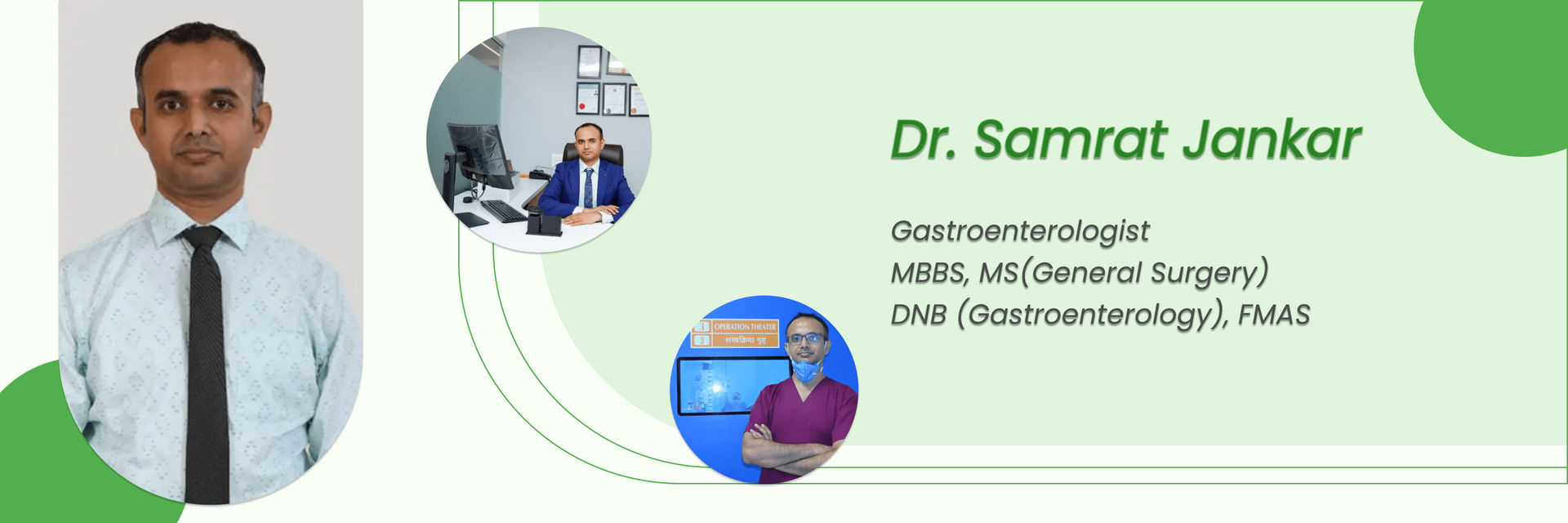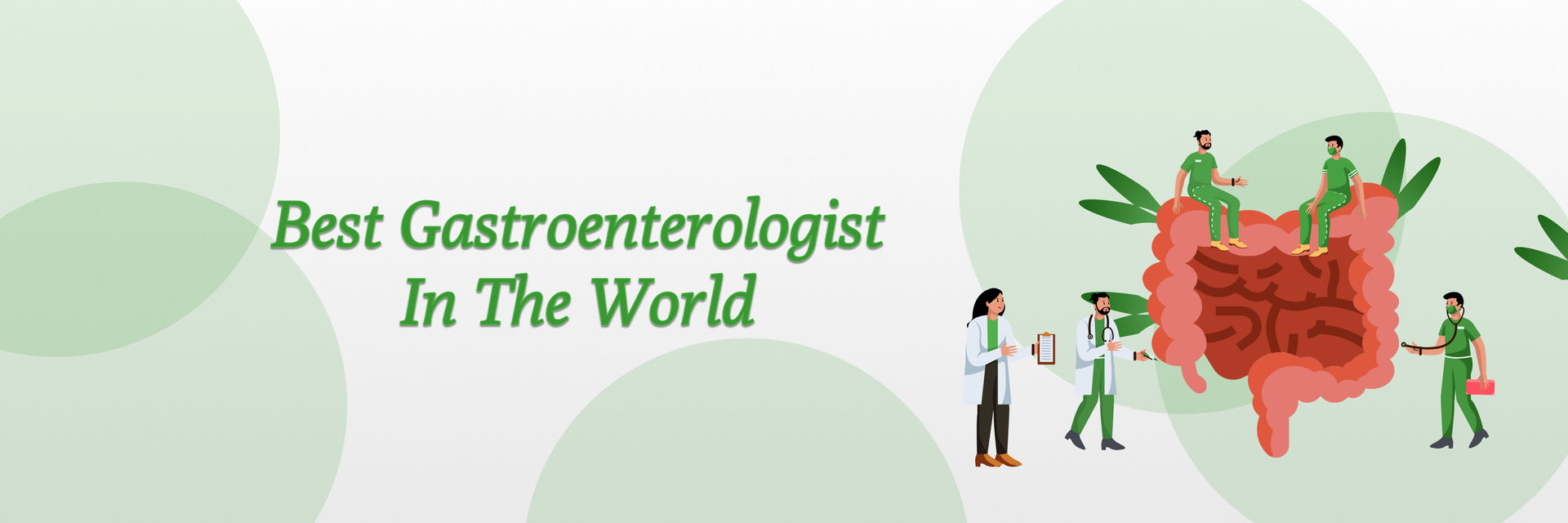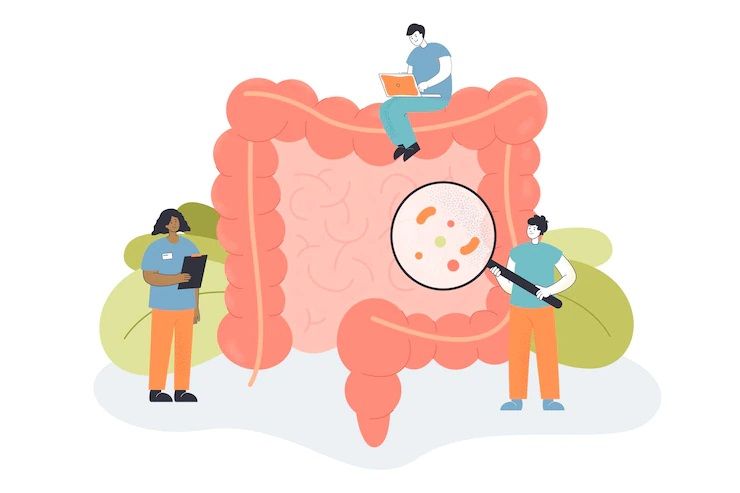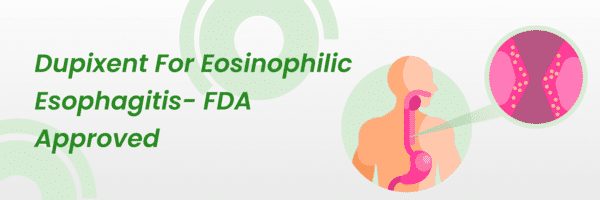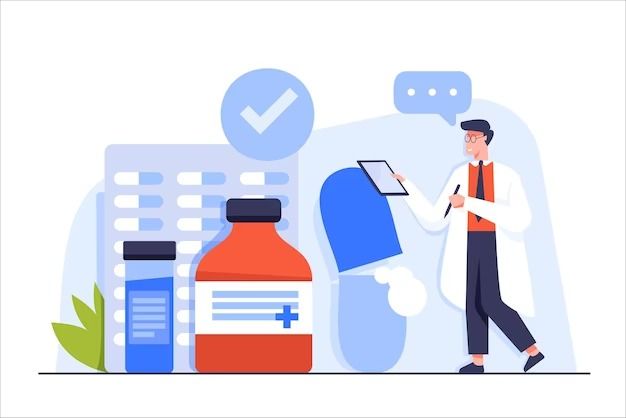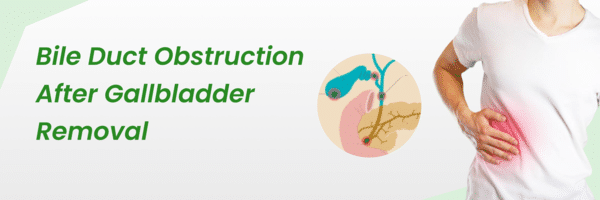Overview
Cholestasis is a condition that occurs when the flow of bile from the liver is slowed or stopped. It can occur during pregnancy and is more common in the third trimester.
Cholestasis symptoms after pregnancy can include itching, jaundice (yellowing of the skin and whites of the eyes), and dark urine. It can also cause abdominal pain and nausea.
But is it common to get Cholestasis after pregnancy?
Can cholestasis happen after pregnancy?

Intrahepatic Cholestasis after pregnancy (ICP) is a relatively uncommon condition that occurs in about 1 in every 1,000 pregnancies.
ICP is more likely to occur in the third trimester of pregnancy. It is more common in women who have had the condition in a previous pregnancy or who have a family history of the condition.
Early diagnosis and treatment can help to reduce the risk of complications such as preterm labor and stillbirth.
Note: It is important to seek a hepatologist/gynecologist in the best hospital for treatment.
Keep reading to find out the types of Cholestasis.

Types of Cholestasis after Pregnancy?
Two main types of Cholestasis can occur after pregnancy:
Intrahepatic Cholestasis of pregnancy (ICP) and obstetric Cholestasis (OC).
- ICP is a condition that occurs when the flow of bile from the liver is slowed or stopped due to an imbalance of hormones during pregnancy.
- It is more common in the third trimester and can cause symptoms such as itching, jaundice, and dark urine. ICP can lead to complications such as preterm labor, stillbirth, and other severe problems if left untreated.
- OC is rare when bile flow from the liver is slowed or stopped due to a blockage in the bile ducts.
- It can cause symptoms such as itching, jaundice, gallstone formation, and dark urine. If left untreated, it can also lead to complications such as preterm labor and stillbirth.
- Both types of Cholestasis can be treated with medications. It helps with itching, improving the flow of bile, and close monitoring of the pregnancy.
- In some cases, early delivery may be necessary to protect the health of the mother and baby.
Your health is too important to ignore – schedule your appointment now.
What is the leading cause of Cholestasis after pregnancy?
The leading cause of Cholestasis during pregnancy is an imbalance of hormones, which can interfere with bile flow from the liver. Pregnancy hormones, particularly estrogen, and progesterone, can cause changes in the way that bile is produced and released. This can lead to a build-up of bile in the liver.
Other factors that may increase the risk of Cholestasis during pregnancy include:
- Certain medications
- Liver disease
- Family history of the condition.
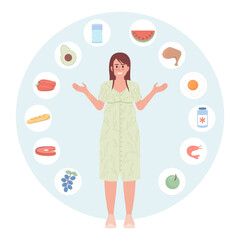
Can Diet Control Cholestasis?
While diet alone may not be sufficient to treat Cholestasis of pregnancy, eating a healthy diet can be essential in managing the condition.
If you have ICP or OC, you must speak with your healthcare provider about your dietary needs. In general, it is recommended to avoid high-fat foods and to eat a balanced diet that includes a variety of fruits, vegetables, and whole grains. It is also essential to drink plenty of fluids to help flush bile from the liver and reduce the risk of dehydration.
Your healthcare provider may recommend following a specific diet if you have liver disease or other underlying health conditions contributing to your Cholestasis.

What complications are associated with Cholestasis of pregnancy?
Cholestasis of pregnancy can lead to several complications if left untreated. These complications may include the following:
Preterm labor: Cholestasis can increase the risk of preterm labor, which occurs before 37 weeks of pregnancy. Preterm labor can be dangerous for both the mother and the baby, as the baby may not be fully developed and may have a higher risk of health problems.
Stillbirth: Cholestasis has been linked to an increased risk of stillbirth, which is the death of a baby before or during delivery.
Other complications: Cholestasis can also lead to further complications such as:
- fetal distress (problems with the baby's well-being during labor and delivery)
- placental abruption (separation of the placenta from the uterus before delivery)
- neonatal respiratory distress (difficulty breathing in the baby after delivery).
Early diagnosis and treatment can help to reduce the risk of these complications. Similarly there are other tests like the anomaly scan that determines the abonormalities in the structure of the fetus.

Can you have liver problems after pregnancy?
Obstetric Cholestasis after pregnancy does not typically cause long-term liver damage. Unless they become pregnant again, most people have no further liver problems after Cholestasis.
However, if left untreated, it can lead to complications such as preterm labor and stillbirth, which can have severe consequences for both the mother and the baby. Hepatitis E infection during pregnancy can also lead to Cholestasis.
Treatment may include medications to help with itching, improve the flow of bile, and close monitoring of your pregnancy. In some cases, early delivery may be necessary to protect the health of the mother and baby.
Take the first step to recovery. Get in touch with us for your treatment.
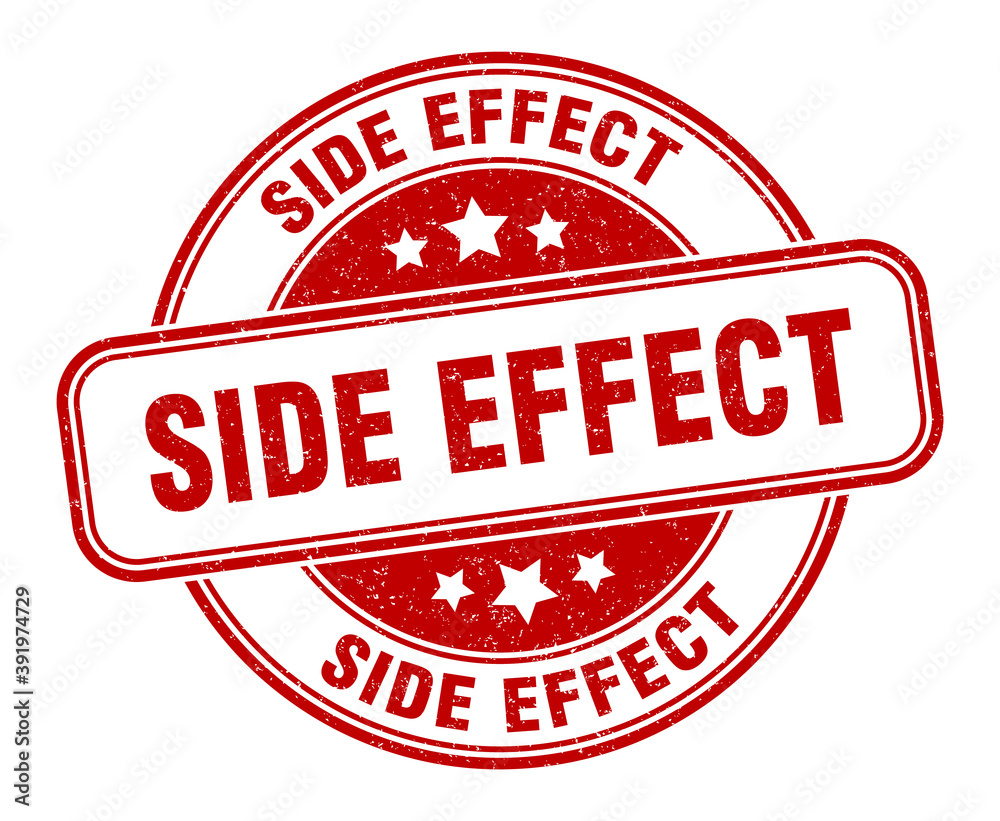
Can cholestasis cause long-term damage?
Cholestasis of pregnancy typically resolves after delivery. However, it would help if you spoke with your healthcare provider about any ongoing symptoms or concerns you may have.
ICP is a temporary condition that occurs during pregnancy and usually goes away within a few weeks after delivery. However, some women may continue to have symptoms such as itching for extended periods. In rare cases, it is also possible to get ICP after pregnancy.
OC is rare when bile flow from the liver is slowed or stopped due to a blockage in the bile ducts. It usually resolves after delivery, but it may recur in future pregnancies.

What are the effects of cholestasis in baby after birth?
If OC is not treated, it can affect the baby after birth. The baby may have a higher risk of health problems such as respiratory distress (difficulty breathing) and low blood sugar levels. In rare cases, OC may also increase the risk of stillbirth.
In some cases, early delivery may be necessary to protect the health of the mother and baby. After delivery, the healthcare team will closely monitor the baby to ensure its health and well-being.
Can Cholestasis be prevented after pregnancy?
There is no sure way to prevent Cholestasis of pregnancy, also known as intrahepatic Cholestasis of pregnancy (ICP) or obstetric Cholestasis (OC). However, there are some things you can do to reduce your risk:
- Seek early medical care: If you are pregnant and have any symptoms of Cholestasis, such as itching or jaundice, it is important to speak with your healthcare provider as soon as possible.
- Eat a healthy diet: Eating a balanced diet that includes a variety of fruits, vegetables, and whole grains can help to support your liver health. Avoiding high-fat foods and consuming moderate amounts of fats can also be beneficial.
- Avoid certain medications: Some medications, such as certain cholesterol-lowering and pain medications, may increase the risk of Cholestasis.
- Manage any underlying health conditions: If you have liver disease or other underlying health conditions, it is important to manage them as best as possible. This may include following a specific diet, taking medications as prescribed, and following your healthcare provider's recommendations for care.
Your well-being is our priority - call us to book your appointment today
It is important to remember that Cholestasis can occur even if you take all of these precautions.
References:
